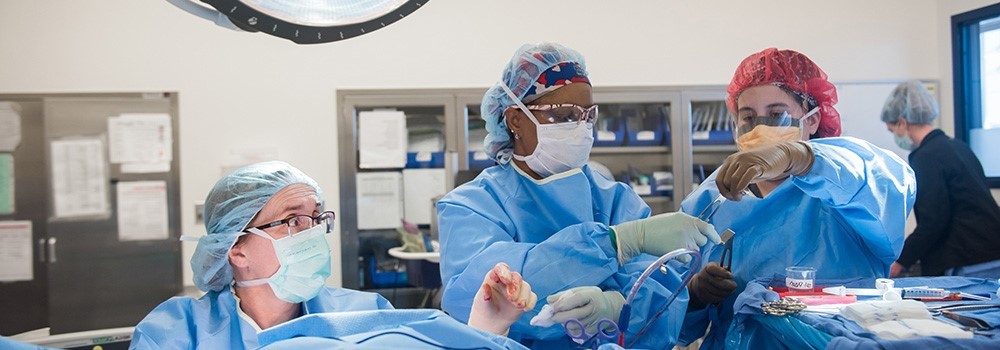Jan 6
2022
What To Look For In Emergency Care

For medical emergencies, options narrow down to a hospital ER or an urgent medical care clinic. Ambulances or other modes of transportation, hospital emergency rooms, or intensive care units may provide emergency care. Examples of emergencies may include chest pain, difficulty breathing, a heart attack, catastrophic injury, uncontrollable bleeding, and a mental crisis.
For instance, visiting a hospital ER is not assuring immediate service. They are prone to very long queues. Compared to an urgent medical care clinic, the wait is barely noticeable.
The hospitals have an advantage over hours of operation, unlike urgent care centers, which are not open throughout the day.
Regardless of your option, specific professional standards should not be overlooked. Many medical emergencies, such as the cold, fractured bones, or headaches, may call for a trip to the nearest emergency care center. As the number of walk-in emergency hospitals grows by the day, how can a patient choose the ideal care center for them?
What To Look For In Emergency Care
Below are some elements to be keen on when choosing an emergency hospital.
1. Location
It comes off as so obvious, but this is a critical consideration. Being close to an urgent medical care center allows for short drives should there be any traffic.
A nearby location has a higher chance of offering to park than a hospital in a busy city. Emergency hospitals near you ensure patient-first values and see that patients can stay close to home without forfeiting the quality of medical care.
2. Operational Hours
Understanding that emergencies do not pick the perfect time to occur will lead to an urgent medical care center that is open during nighttime hours. Most open during the day from 8.00 am to 5.00 pm.
Be sure not to overlook this factor. A clinic that best suits you should be available around the clock.
3. Professional Care
Whether the attendants at an urgent medical care center are busy, treatment with courtesy should never be questioned. Simple things as greetings, polite and kind words like “thank you” and “please.”
Making eye contact with the patient reassures them it will all be okay. The human touch in urgent medical care centers makes the patient feel more at ease despite their emergency. An emergency hospital of trust and positivity is something to be on the lookout for.